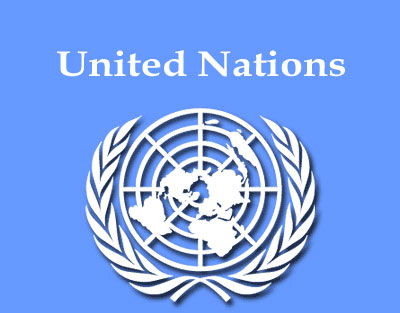Libya’s envoy to the UN, Taher Al-Sunni, told the UN Security Council and media in New York that the Tripoli-based Libyan government, headed by Abd Alhamid Aldabaiba, rejected the UN proposal to appoint Senegalese diplomat Abdoulaye Bitali as the new UNSMIL mission head.
He said that there is difficulty in appointing a special envoy to Libya due to problems that prevent reaching consensus within the Security Council.
Al-Sunni explained that the Tripoli Libyan government objected to the nomination of Bitali for the position of the UN envoy, not on a personal basis, but rather that Libya, after 9 UN envoys, deserves a better and more qualified person.
He called for deep and serious negotiations with the Libyans regarding the new UN envoy to ensure that working with the UN mediator will be successful.
Al-Sunni pointed out that Libya needs international consensus in order to implement the agreed solution to reach the parliamentary and presidential elections and end the debate over legitimacy, stressing that foreign interference in the Libyan affair since 2011 and its accumulation made it difficult to establish a Libyan-led process.
Spokesperson for the Secretary-General of the United Nations Stephan Dujarric responds
Meanwhile, at a press conference in New York yesterday, Spokesperson for the Secretary-General of the United Nations, Stephan Dujarric expressed his hope that there would be a candidate acceptable to the concerned parties to take over the presidency of the United Nations mission in Libya (UNSMIL), pointing out that the organization has not yet announced the name of any candidate.
Dujarric, in what looked like a response to Al-Sunni’s earlier criticism, said that the Secretary-General is doing everything he can to move forward in the process of selecting a new envoy for him in Libya, stressing that the General Secretariat is in constant contact with the Libyan mission on this issue.
Pointedly, he added that the appointment of a new head of mission in Libya is not only a Libyan issue, but rather a process during which the UN Security Council grants a mandate based on an exchange of letters between the Secretary-General and the President of the Council.
The appointment of the heads of UN missions requires that none of the 15 member states of the council object.








